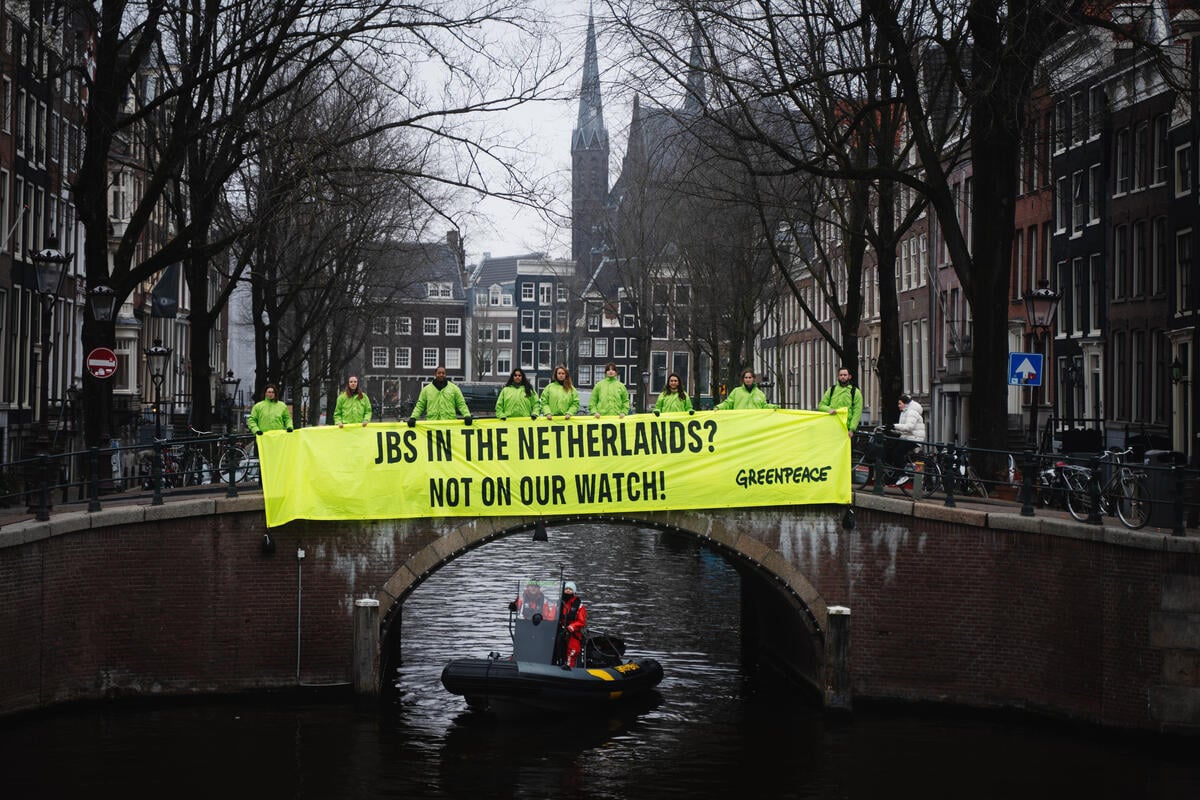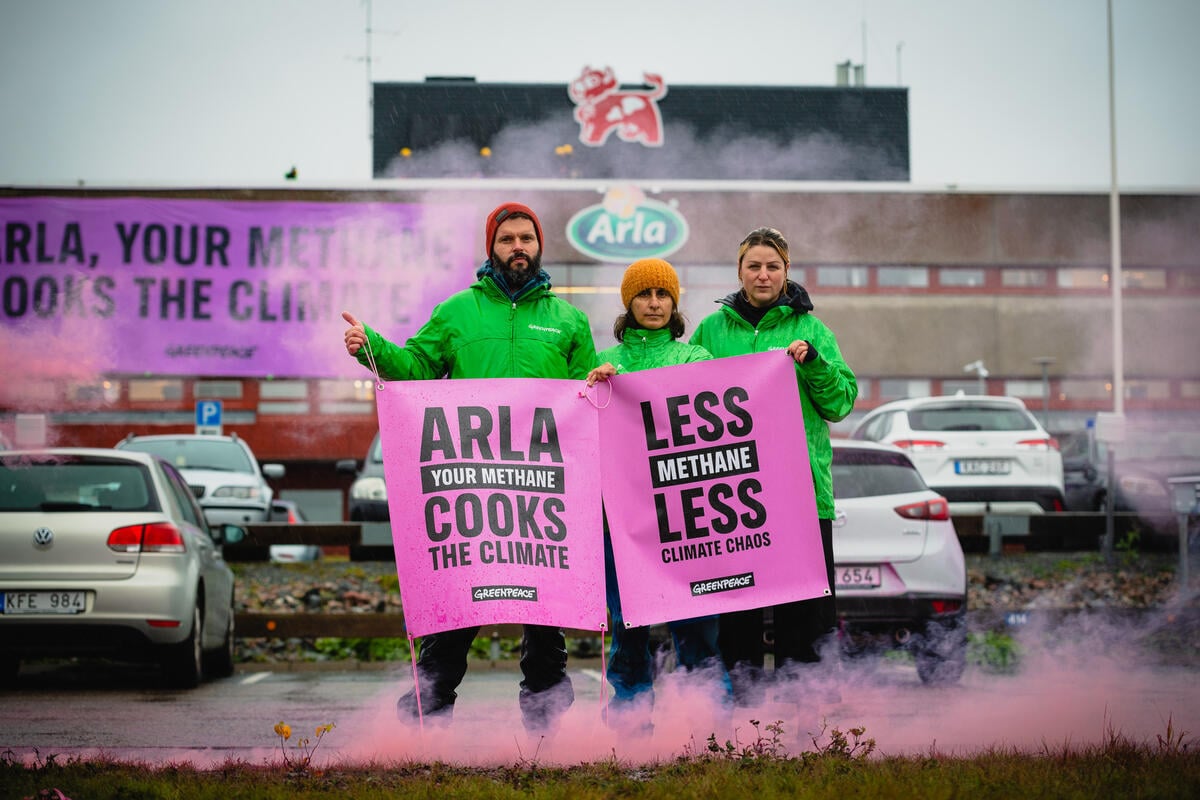Torrential, record-breaking rain? Flash floods? Tornado warnings?
Nope. Nope. Nope.
Not in New York City. Right? At least, there didn’t use to be? Definitely, not often.
But, also, actually, yes, in New York City now.
And, almost certainly, again some other day sooner than we’re prepared for thanks to the fossil fuel-driven climate crisis that is bringing extreme weather events to — and through — our front doors, wherever in the world they may be.
Just days after Hurricane Ida — a storm that strengthened quickly thanks in part to climate change — made landfall in Louisiana with Category 4 winds gusting up to 150 miles per hour, the remnants of the storm besieged the Northeast of the United States.
The images from New York City revealed both the severity of the storm but also the ways in which infrastructure in communities around the world is ill-prepared for the increased frequency and intensity of extreme weather events caused by fossil fuel-driven climate change.
For the first time in its history, the National Weather Service issued a flash flood warning for New York City for what it considered “a life-threatening situation.”
For the second time in less than a month, New York City broke its record for rainfall in an hour. The 3.15 inches of rain measured during a single hour in Central Park on 1 Sept. shattered the record set on 21 August during Tropical Storm Henri. The previous record had stood for 133 years.
The inundation of water was not the only danger facing the region as a tornado ripped apart homes to the south in New Jersey. The impacts of the storm were also experienced in nearby states Connecticut, Pennsylvania, and Maryland.
In the aftermath of this latest storm, the damage assessment and the mourning begin anew.
After a sleepless night watching the street for signs of flooding and reading neighbors’ accounts on social networks of clearing storm drains themselves to keep the local water levels from rising, I checked in on my parents in New Jersey, then my brother in Harlem, and various friends around the region. I offered assistance to those with flooded homes and gawked at the viral videos of submerged thoroughfares trending on social media. Such rituals are becoming all too common.
I was lucky this time, lucky for now, only needing to clean small amounts of rainwater that leaked into my apartment in Red Hook, a Brooklyn neighborhood still feeling the effects of Superstorm Sandy in 2012.
But not everyone was so fortunate, and, as is so often the case with climate impacts, the heaviest burdens are too often placed on those already marginalized. Within 24 hours, the death toll had surpassed 40, according to The New York Times.
In the light of the following day, the connection between the extreme weather of the previous night and our global climate crisis was also being clearly stated by New York City Mayor Bill De Blasio and New York State Governor Kathy Hochul.
This is no isolated storm, but another climate impact among many around the world in recent weeks. Fires have ravaged California, the Amazon, Turkey, Greece, Russia, and other places. Recent heat waves have raised temperatures from Canada to Morocco. Japan, Bangladesh, Cuba, and Belgium are among the countries also rocked by floods.
Such widespread danger is why U.N. Secretary-General António Guterres described the report from the Intergovernmental Panel on Climate Change (IPCC) issued in August as a “code red for humanity“. The IPCC report further strengthened the connection between carbon emissions and worsening climate extremes and made clear the need for urgent climate action.
Just a few miles from my apartment in waterlogged New York City, Greenpeace USA has made clear one necessary piece of action that must be talent to avoid the worst climate scenarios: Government subsidies for fossil fuel companies must go!
Everywhere in the world, fossil fuel companies, corporate polluters, and governments that put profits and power over people must be held accountable.
There is no doubt that climate change is here, today. It is not a future threat, and will only get worse if we don’t join together to demand a just transition to a future without fossil fuels.



